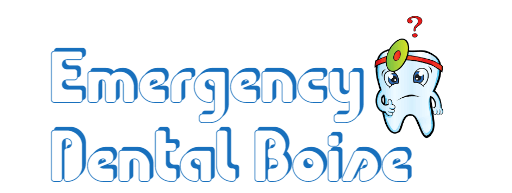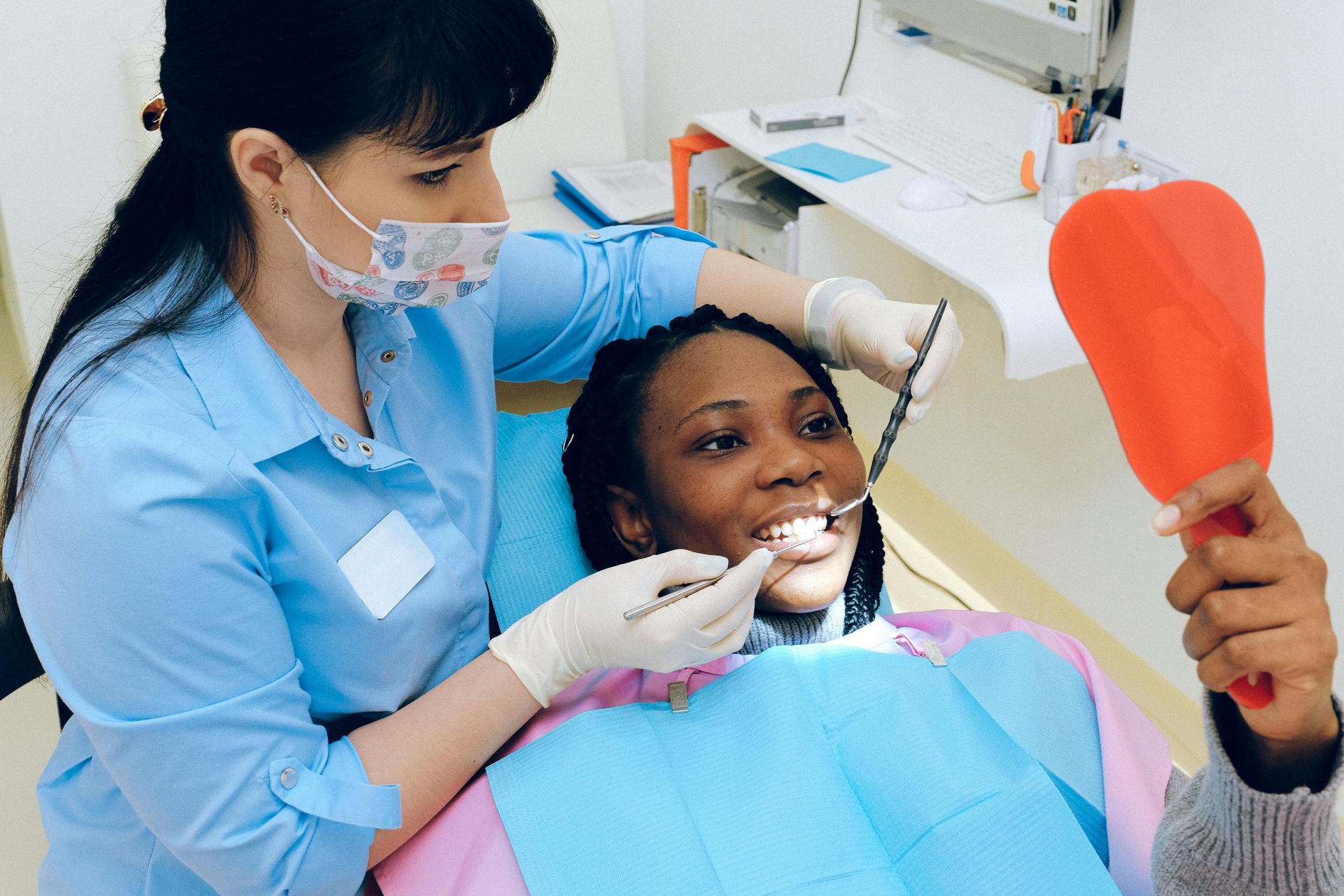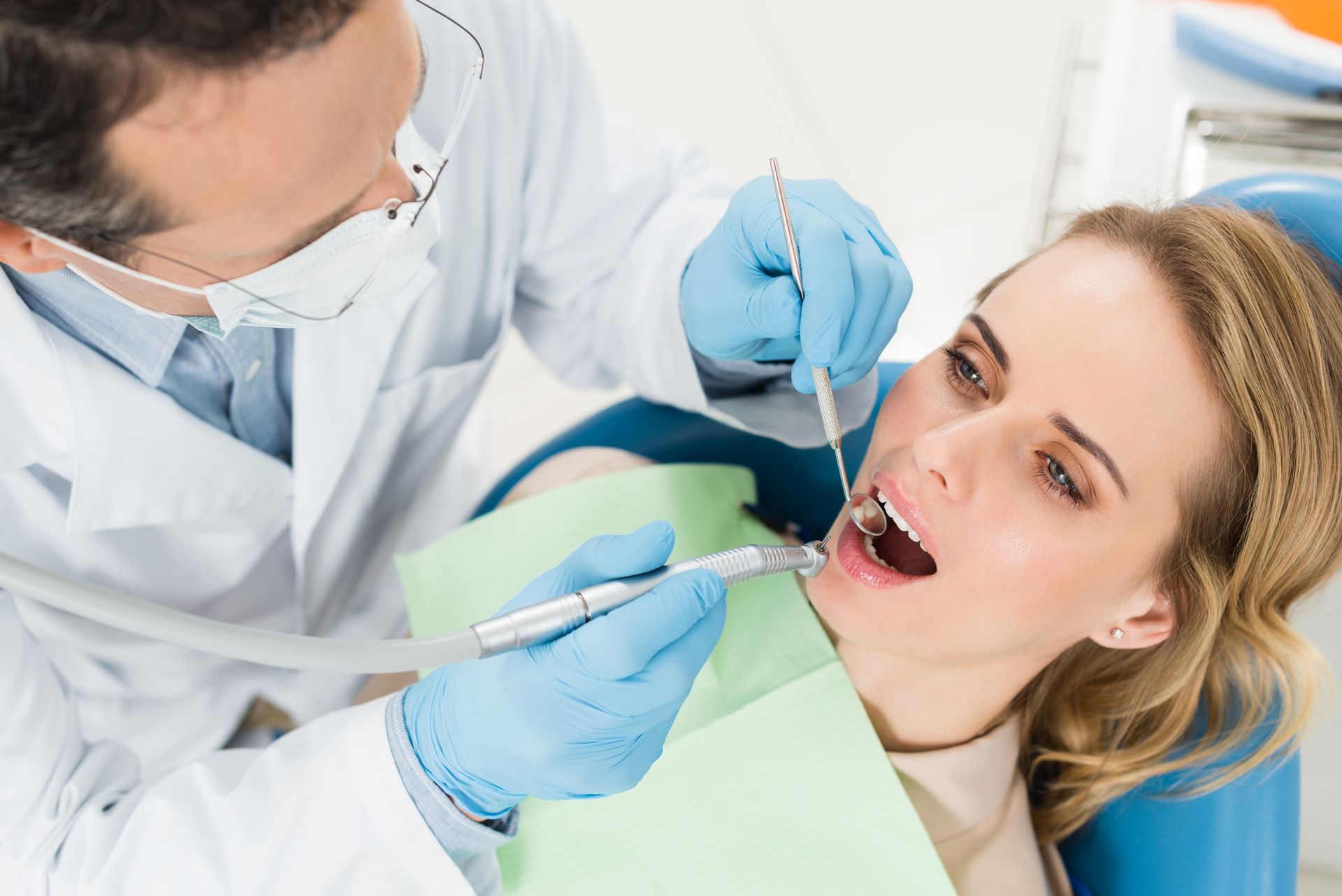The Most Common Signs Of Unhealthy Teeth And Mouth

Emergency Dental Boise Tips On How important to Spot and Treat Early Dental Problems
The health of one's teeth can be an important indicator of overall health. Unhealthy teeth can cause pain and discomfort and even lead to other, more serious medical complications. Dental hygienists are trained to look for signs that teeth aren't healthy and that more needs to be done or that treatment is needed.
Let’s explore the definition of these signs of unhealthy teeth. And maybe you already have the symptoms but haven’t spotted them early.
Tooth Discoloration
The sight of discolored teeth can be absolutely devastating. Some things, like drinking coffee or tea and smoking cigarettes, can stain your teeth in a way that lasts, making them look dull and lifeless.
Fortunately, modern-day dental whitening products have made it easier than ever to restore that pearly white smile you had when you were younger. Enamel erosion is another sign that your teeth aren't healthy. If it goes on for too long without being fixed, it can cause serious damage and even lead to tooth loss.
Most of the time, plaque buildup or certain foods and drinks are to blame for stained teeth. Both of these problems can be avoided by taking care of your teeth and gums. There's no reason for anyone to have yellowing or stained teeth as long as they brush and floss.
Cavities And Decay
Cavities and decay are two of the most common signs of unhealthy teeth. Things like neglecting to brush and floss your teeth or consuming excessive amounts of sugar can cause them.
Tooth decay symptoms may include bad breath, sensitivity when eating hot or cold foods, discolored spots on the surface of your teeth, pain while chewing, and an overall dull appearance to your smile. Fillings are often used to treat cavities. If your cavities are severe, your dentist may suggest a tooth extraction.
Dental Pain And Sensitivity
Even though healthy teeth shouldn't hurt too much, dental pain and sensitivity are two signs that your teeth aren't healthy. Dental pain can show up as a toothache or pain in the gums. Sensitivity, on the other hand, is usually felt when eating or drinking something hot, cold, or acidic. Either symptom could be an indication that there is something else going on with your oral health.
Gingivitis And Periodontal Disease
According to the Centers for Disease Control and Prevention, 47.2% of adults aged 30 and older have some form of periodontal disease. Gingivitis is the early stage of gum disease. It happens when bacteria build up in an unusual way on the teeth or gums, causing inflammation. Symptoms include redness, swelling, and bleeding when brushing or flossing.
If this is not taken care of, it can lead to a more serious condition called periodontal disease. Periodontal disease affects the tissues around the tooth, such as the bone and gum tissue that support it in place, and can lead to pain, infection, bad breath, receding gums, tooth loss, and other health complications if not addressed promptly by a dental professional.
What Should I Do If I Have One Or More Of These Signs Of Unhealthy Teeth?
If you are experiencing one or more of the signs of unhealthy teeth, such as a toothache, bad breath, discoloration of your teeth, gum recession, or chipped teeth, it is important to take action. Going to the dentist on a regular basis can also help you find problems before they become serious.
When you make an appointment with your dentist, be sure to tell them about any symptoms you've been having. It will help them make a correct diagnosis and a care plan that fits your needs.
Are There Over-The-Counter Treatments For Unhealthy Teeth?
The question of whether there are over-the-counter treatments available for unhealthy teeth is an important one to consider. For those who may not have access to regular dental care, it can be beneficial to understand the range of options that exist when attempting to maintain oral hygiene and take preventative measures.
Here are four tips for taking care of your teeth with over-the-counter treatments:
- Use fluoride toothpaste - Fluoride has been proven effective in preventing cavities and other forms of decay, so make sure you look for a toothpaste containing fluoride when shopping for dental hygiene products.
- Buy mouthwash - Mouthwash helps remove food particles from all areas of the mouth and neutralizes bad breath which provides instant relief from unpleasant odors.
- Get whitening strips - These are easily accessible and provide immediate results when trying to brighten up discolored teeth.
- Try natural remedies - Coconut oil pulling and baking soda paste can help reduce plaque buildup on teeth naturally without any harsh chemicals involved.
People will feel more comfortable talking to their dentist about their needs if they understand how different approaches can help their overall health, both physically and emotionally.
Is There Any Way To Reverse The Effects Of Unhealthy Teeth?
A recent survey found that almost three-quarters of Americans have had tooth decay at some point in their lives. This fact shows not only how important it is to keep your teeth healthy, but also how fixing bad teeth can be good for your health as a whole.
As children's teeth continue to grow, they may need to go to the dentist more often, usually at least twice a year. During these visits, dentists can find problems early and treat them before they worsen.
When you go to the dentist regularly, they can spot problems like cavities, gum disease, enamel erosion caused by high acidity levels, plaque buildup, and other problems that, if left untreated, could lead to tooth loss or decay.
It also lets people take preventive steps against these conditions by getting sealants and fluoride treatments when they need to. Also, it gives people a chance to ask questions about their dental hygiene habits so they can make decisions about how to keep their oral health in good shape in the future.
Taking care of our pearly whites now can save us significant pain—and money—down the road! So don’t hesitate—schedule a dental appointment today at Emergency Dental Clinics of Boise!
Conclusion
To keep your teeth healthy, you need to clean them well, see your dentist regularly, and treat any problems right away. It is important to be aware of the signs of unhealthy teeth so that preventive action can be taken as soon as possible. With the right care, many problems that come from bad oral health can be prevented or fixed.
There are over-the-counter products that can help with some of the symptoms of unhealthy teeth, but they can't take the place of professional dental care. By visiting a dentist regularly—ideally every six months—you can stay informed about the condition of your teeth and make sure that any emerging issues are addressed quickly before they become more serious.
If you need the help of a dental professional, don’t hesitate to get in touch with our team. We provide a number of dental services for
dental fractures and cavities. Visit us today!




